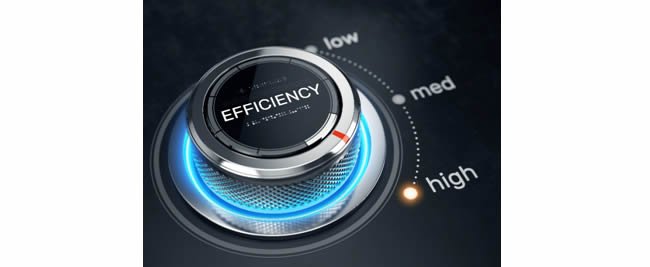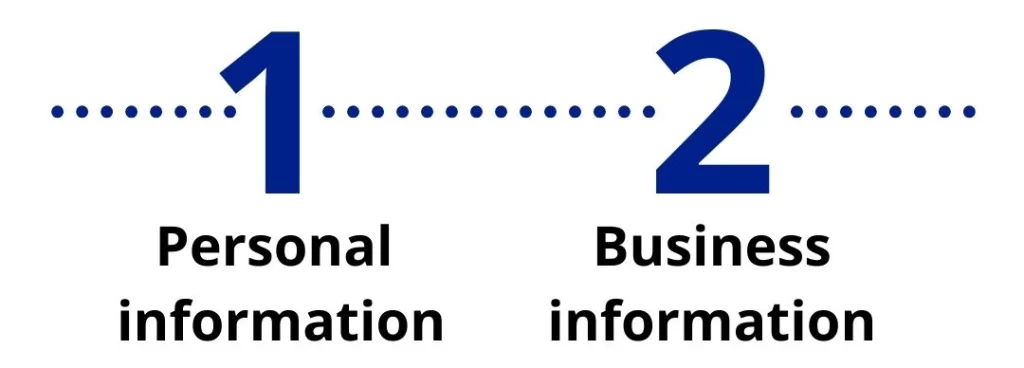When I was growing up it was a very common thing to hear my dad say, “Do you think money grows on trees? Turn those lights off!” And we definitely had to keep the heat low in the winter. We had to shut doors, keep windows closed, close drapes, and do whatever would conserve energy.
Why? Because that was the only way to lower the electric bill. At times it was annoying, mostly because it was something we constantly had pointed out to us by Dad.
What he was doing is called energy conservation. Per an article from EnergySage.com called Energy Efficiency 101: What is Energy Efficiency, energy conservation “calls for a certain degree of sacrifice, such as using the clothes dryer less often or turning down the heat in the winter. It is the concept of reducing energy consumption through the minimization of activities that consume energy.”
Today you hear a great deal about energy efficiency. In the same article from EnergySage.com it explains, “Energy efficiency maintains the same amount of quality of output while using less energy. Instead of turning down the heat, you can install an energy-efficient furnace to keep your house at a certain temperature while consuming less energy than you would with a conventional one. Energy efficiency does not inconvenience you with inhibitive restrictions, and it requires no change in behavior on your part to reduce your utility bills.”
You can see there is a relationship between energy conservation and energy efficiency. When you are conserving you are using less energy because you have altered your behavior or broken down old habits.
When you are energy efficient, you are actually using technology that requires less energy to perform the same function. Examples of this are switching from incandescent to LED lights, using energy-efficient appliances, and even smart thermostats. All of these supply the same, desired level of function with less energy, thus lowering your energy bills.
Sometimes to switch to an energy efficient option there is an investment and people may wonder if it’s worth it. In the same article from EnergySage.com it says, “Energy efficiency should be considered an investment that accumulates savings over time, rather than a typical purchase that is evaluated based on up-front costs.
“The utility bill savings generated over the lifetime of an energy efficient upgrade have the potential to offset the total purchase price and can even generate a positive return on investment (ROI). In addition, a long-term energy efficient installment can add value to your home upon resale.”
 As an adult I appreciate some of the energy conservation methods my dad had, but I also enjoy the energy efficient options that are now available that permit us to experience the standard of function we enjoy. The truth is I can practice a bit of energy conservation and a lot of energy efficiency and keep my energy bill at a tolerable level.
As an adult I appreciate some of the energy conservation methods my dad had, but I also enjoy the energy efficient options that are now available that permit us to experience the standard of function we enjoy. The truth is I can practice a bit of energy conservation and a lot of energy efficiency and keep my energy bill at a tolerable level.
Hats off to dads everywhere and kudos to technology!
If you would like to talk about our energy efficient products, give me a call at Consumer Energy Solutions today. Call 844-277-0043 or email me at JHall@cesstaff.com.



